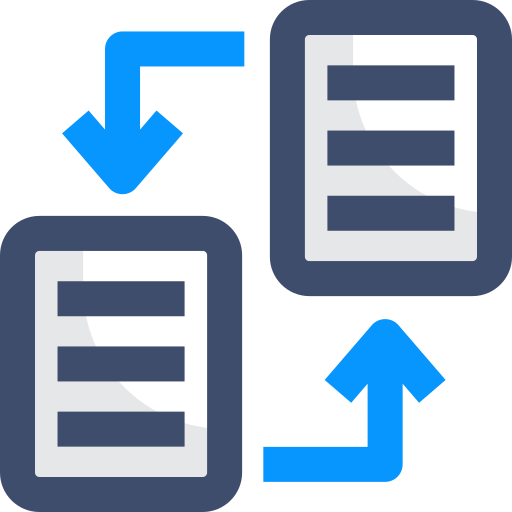Data Protection and Privacy Laws
In Canada, the intersection of data protection and privacy laws with the rapid advancements in artificial intelligence (AI) presents a multifaceted landscape for both businesses and consumers. This document provides an overview of the key legislation and regulatory frameworks governing data protection and privacy in Canada concerning AI technologies.
Personal Information Protection and Electronic Documents Act (PIPEDA)
PIPEDA is the primary federal legislation governing the collection, use, and disclosure of personal information in the private sector. Under PIPEDA, organizations are required to obtain consent for the collection, use, and disclosure of personal information and must safeguard it through appropriate security measures. When deploying AI technologies, organizations must ensure compliance with PIPEDA's principles, including accountability, transparency, and individual access rights.
Office of the Privacy Commissioner of Canada (OPC)
The OPC is responsible for enforcing PIPEDA and promoting privacy rights in Canada. It provides guidance and resources to help organizations navigate privacy obligations, including those related to AI. The OPC has issued guidelines on various AI-related topics, such as accountability for AI decisions, algorithmic transparency, and the use of AI in automated decision-making.
Provincial Privacy Legislation
In addition to PIPEDA, several Canadian provinces have their own privacy legislation that applies to the private sector. For example, British Columbia, Alberta, and Quebec have enacted legislation similar to PIPEDA, with specific requirements for the handling of personal information. Organizations operating in these provinces must comply with both federal and provincial privacy laws.
Privacy by Design (PbD) Principles
PbD is a framework that promotes embedding privacy considerations into the design and operation of systems, including AI technologies. By integrating privacy into the development lifecycle, organizations can minimize the risks of privacy breaches and enhance trust among users. Adhering to PbD principles involves practices such as data minimization, purpose limitation, and end-to-end security.
Cross-Border Data Transfers
Canadian privacy laws place restrictions on the transfer of personal information outside of Canada. Organizations must ensure that cross-border data transfers comply with applicable legal requirements, such as obtaining consent or entering into data transfer agreements with adequate safeguards. When utilizing AI systems hosted or operated outside of Canada, organizations should assess the implications for data sovereignty and compliance.




